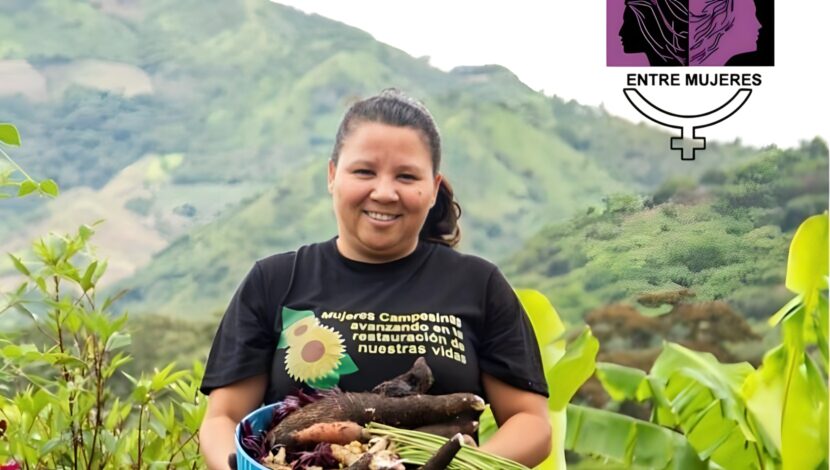The Unitarian Universalist Service Committee advances human rights through grassroots collaborations.
Fundacion Entre Mujeres

LOCATION: Estelí, Nicaragua
Fundacion Entre Mujeres (FEM) promotes the empowerment of rural women through a variety of projects. They focus on advancing economic independence with an emphasis on land rights and food sovereignty, preventing violence against women, and promoting literacy as an avenue for empowerment.
FEM does critical work to support campesina (peasant farmer) women in Nicaragua who are regenerating their land and community in the midst of a sociopolitical crisis. By supporting FEM, UUSC helps advance the right to live safely in Central America by supporting economic opportunities for the campesina women who comprise FEM’s membership. FEM provides spaces for women to organize and build self-determined strategies of resiliency against the challenges they face. Because they work directly with campesinas, FEM’s work is also affected by the climate crisis as they are directly impacted by drought and extreme weather.
UUSC’s support helps compensate several key staff members working for Las Diosas Cooperatives Center, a women-run cooperative producing fair-trade coffee. With added support from UUSC, the cooperative provides resources to the female coffee farmers that make up the collaborative. This will go a long way in ensuring the center is self-sustainable.
FEM is also working to develop programs that promote food security and sovereignty. Funding provided by UUSC will allow for the purchase and delivery of basic grain seeds (corn and beans) to support eight seed reservoirs managed by 48 women from the same number of communities. FEM will also provide two workshops on the agroecological management of these seeds. Supporting the women of the reservoirs is fundamental because in the face of the climate crisis, it is increasingly difficult to sustain production and seeds in the reservoirs are used as a revolving fund to progress towards sustainability.
Faced with the crisis of the pandemic, FEM set up six houses in the same number of communities, making small improvements in infrastructure such as repairing doors and windows, building fencing, and producing sleeping mats. This is necessary for the functioning of the programs that FEM supports, but these houses will also function as alternative centers to house community members, especially women in need of solitude.
Image Credit: